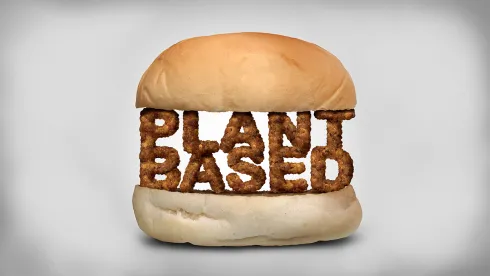Plant-based food sales, including plant-based meat and dairy alternatives, continue to grow rapidly. Last year, plant-based meat sales were up 45%, rising to 2.7% of all retail packaged meat sales. Plant-based milks and yogurts grew 20% over the same period, with other plant-based alternatives to cheese and butter growing by even more. Plant-based milks (including soy, hemp, oat, and various nut-milks) now represent 15% of all milk sales.
Plant-Based Food Labeling
With all that growth, there is some concern, particularly in the traditional meat and dairy industry, that consumers will be confused by these products being labeled as familiar products – thinking their vegan cheese is dairy cheese, or their plant-based salami made from beef or pork. As a result, there has been a wave of proposed and enacted litigation on the state and federal level to control what plant-based foods can be called. The landscape is rapidly developing, with courts striking down some laws already, but here are some examples to be aware of:
-
The Federal “Real Marketing Edible Artificials Truthfully Act of 2019’’ or the ‘‘Real MEAT Act of 2019,” which would require all products that simulate beef but do not come entirely from cows to be labeled as “imitation,” was introduced in 2019 but has not been reintroduced in the current congressional term.
-
The “Defending Against Imitations and Replacements of Yogurt, Milk, and Cheese To Promote Regular Intake of Dairy Everyday Act” or the “DAIRY PRIDE Act” would prohibit labeling plant-based dairy alternatives with the market name of the dairy product it replaces, such as “cheese” or “butter.” The DAIRY PRIDE Act is pending in Congress as of November 2021.
-
New York’s pending Assembly Bill A507 would prohibit labeling plant-based dairy products as “milk products” such as milk, cream, yogurt, butter, or cheese.
-
The Texas House passed a bill that would require all plant-based alternatives to include the word “imitation” on labels, but the Senate did not pass it.
Other Legislative Update
Similar laws have been struck down in Arkansas but upheld in Missouri, and we can expect that any newly-enacted law will be challenged as unconstitutional restrictions on the speech of plant-based food companies. Still, we should also expect it will be some time before there is a uniform rule on the labeling of plant-based foods.




 />i
/>i
